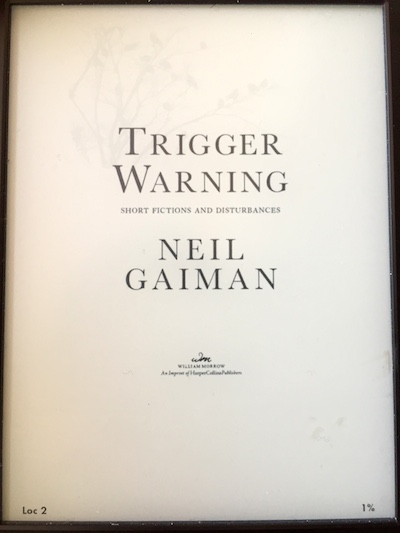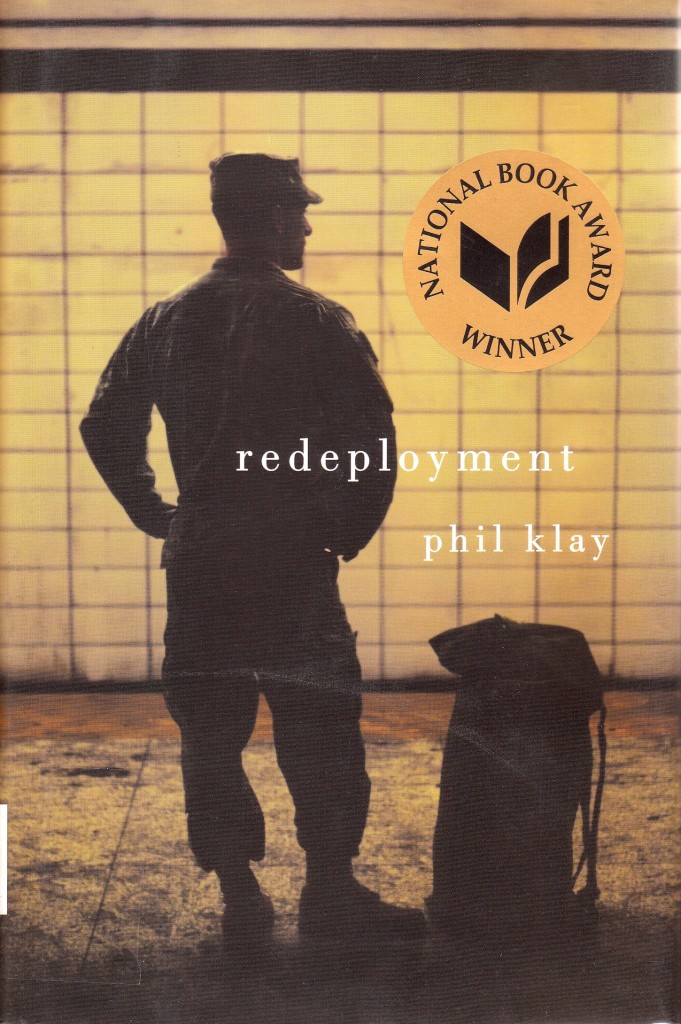
How Long ‘Til Black Future Month? is a collection of short science fiction stories by NK Jemisin, who I had never read before.
The introduction to the book, which talks mainly about how she became a writer and the importance of short stories in that development, made me realize something. Her quote: “How terrifying it’s been to realize no one thinks my people have a future.” I am embarrassed to say that this book made me understand how not having people of color in science fiction means the reader could think all those people are just gone from the world in the future. That’s 100% bad and not OK.
The stories, though. The stories are amazing. I loved The City Born Great, about how cities around the world, when they develop enough energy and culture from the people living in them, are born into their own thing. New York is the city in question in this story; Sao Paulo, Paris, and Lagos are just three cities who were born in the past. Los Angeles will be next. Sinners, Saints, Dragons, and Haints, in the City Beneath the Still Waters is a story about a man living through what seems exactly like Katrina flooding New Orleans, except there are dragons and the floodwaters have woken up the Haints, who want to destroy and eat everything. Tookie and the winged lizard fight it to save their city.
How Long ‘Til Black Future Month? is highly recommended. I’m looking forward to reading more from NK Jemisin.





